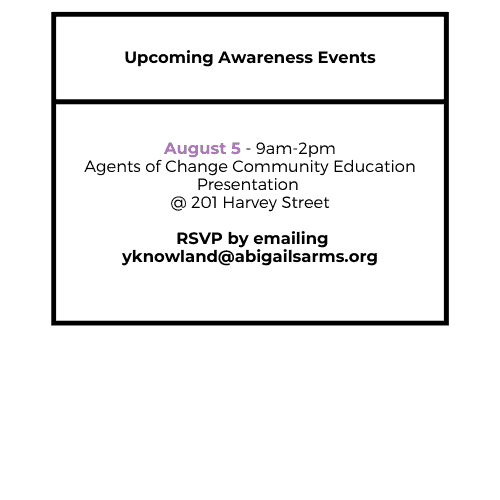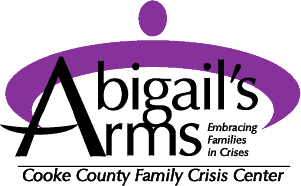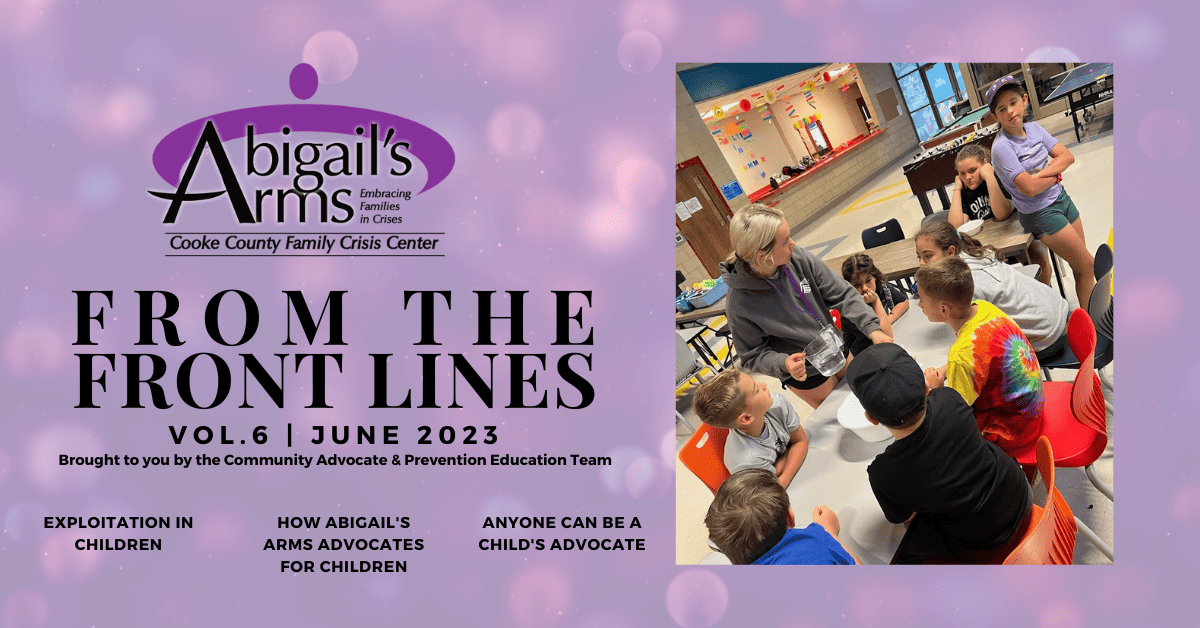Exploitation of Children
We’ve talked about human trafficking and exploitation and what it may look like in our community, but this month we would like to talk about what it can look like in children. Let’s debunk a few myths first:
Most people think children are trafficked and exploited by a person they don’t know, but it is more likely that the trafficker may be someone they know and trust like a family member, friend, or romantic partner.
Trafficking is only about sex or prostitution. Trafficking and exploitation are multidimensional and may include forced labor, forced marriage, domestic servitude, organ trafficking, debt bondage, recruitment of children as child soldiers.
Trafficking and exploitation only happen in person. One method that traffickers and exploiters use is social media and online enticement.
Our society has an abundance of technology and because of this it’s also opened a new method for traffickers and exploiters to have access to and manipulate their victims. Online enticement is when an individual communicates with someone who is believed to be a child with the intent to commit a sexual offense or abduction. According to NCMEC, there has been a 97.5% increase in the number of reports for online enticement in 2020 compared to 2019. Below are some signs of online exploitation:
- Spending increasing amount of time online
- Becoming secretive, especially around technology
- Hiding screens from others
- Vague talk of a new friend
- Appearing scared or secretive when answering calls
Abigail’s Arms would like to reinforce the idea that you have the right to say “No” to anyone who makes you uncomfortable online or wants to meet offline.
How Abigail’s Arms Advocates for Children
At Abigail’s Arms part of our mission is to educate and empower individuals. We find resources for parents and children to stay safe on the internet.
Some of the resources we use are iKeepSafe.org and ICAC. Both resources include a variety of tips on how to talk about the internet with our children, modeling a healthy relationship with technology, and addressing problematic behaviors.
The CAPE team uses a digital safety curriculum to discuss with students on how they can keep themselves and each other safe online. Some other topics that are discussed that become protective factors in children’s lives are healthy relationships and building a healthy community. Not only do we empower students to identify and recognize signs of unhealthy behaviors online, but we also show other safe adults how to spot the same signs.
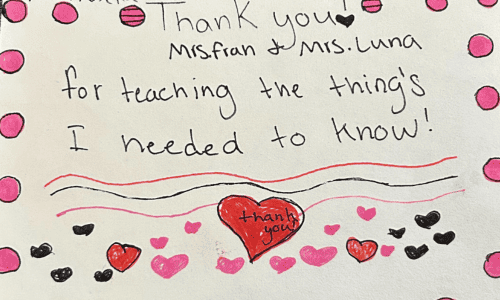
The CAPE team recently finished a curriculum with Gainesville Intermediate’s 5th grade class. We got to see how they learned with our team! Mrs. Bond says, “Ms. Fran and Ms. Luna have been such an asset to our students in learning about healthy relationships and emotions as well as other family dynamics. Having someone from outside the schools brings a whole new perspective for the students. It was great to see the relationships they built with the students. Thank you, Ms. Fran and Ms. Luna!”
Anyone Can Be a Child’s Advocate
Even if it’s not your day job, being a child’s advocate can be done in a number of ways. You can make a direct impact working with children by getting involved in organizations focused on their safety and well-being. You can support healthy policies for children by spreading awareness and making donations to these organizations. Lastly, but most importantly, you can be alert and ready to intervene in situations where children need a voice.
All of these organizations focus on the protection and safety of children in our community.
- Boys and Girls Club
- Gainesville Kiwanis Club
- Gainesville Lions Club
- CASA volunteer program
- Abigail’s Arms volunteer program
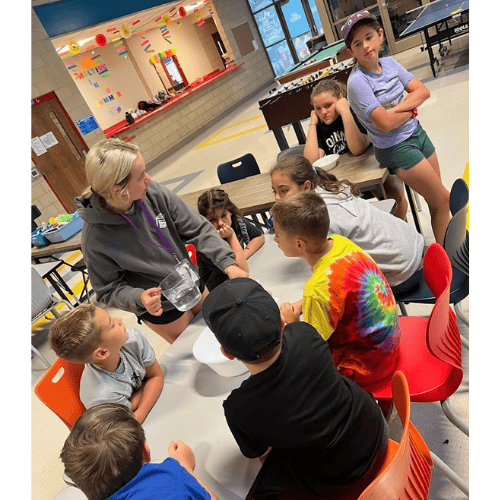
This picture is from the Boys and Girls Club Facebook page.
